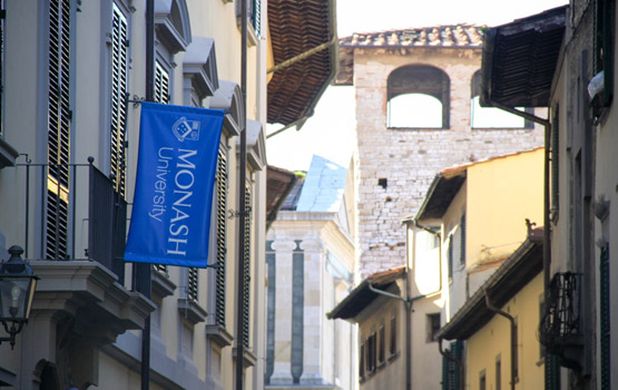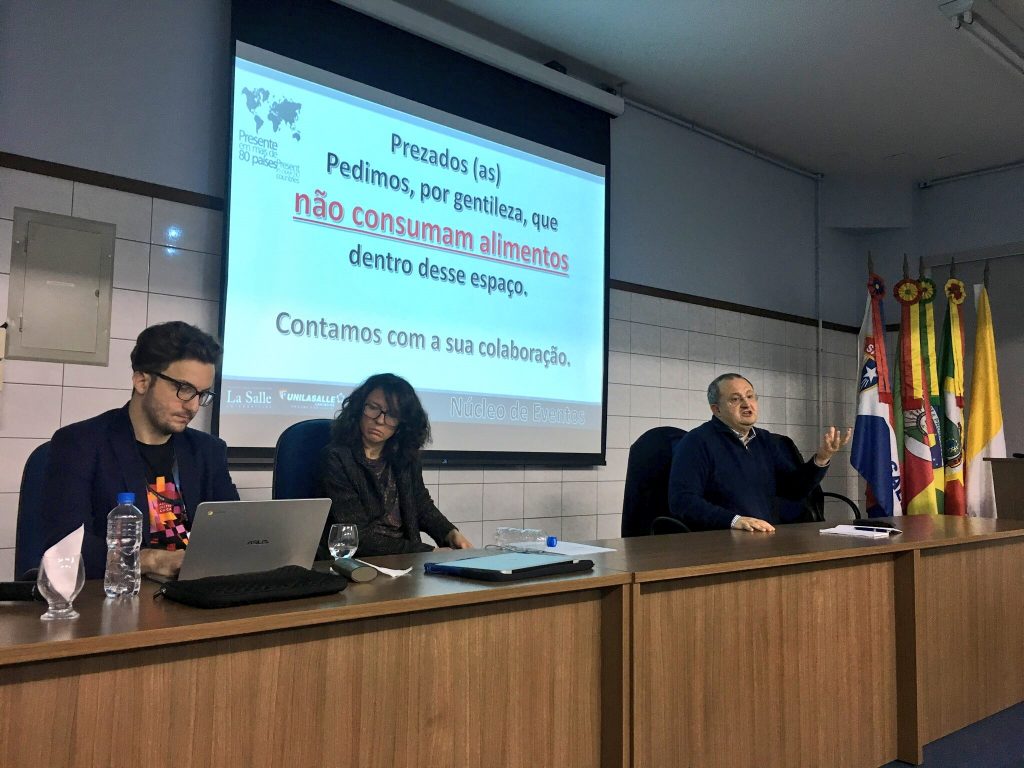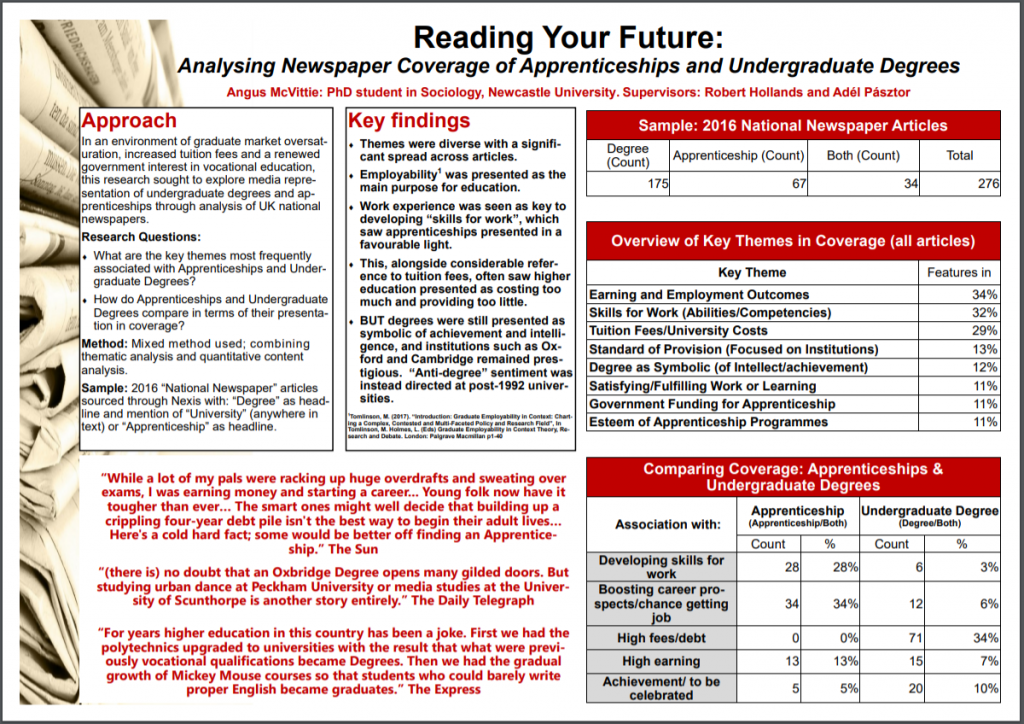In the summer of 2019, Monash University will host a ‘Postgraduate Writing and Publishing Workshop’ at their Prato Centre in Italy. In previous years the main purpose of this workshop has been for postgraduate researchers to learn more about the writing and publishing process through workshop sessions, small-group discussions and individual support from an academic writing mentor.

Credit: www.monash.edu
Dr. Kate Gibson, who successfully completed her PhD in Sociology at Newcastle earlier this year, attended the Prato workshop while still a PhD student. She found the experience to be a very positive one, and has the following to say:
In my third year, when I was in the throes of writing up and grappling with my 1st empirical chapter, I went to Prato for the Writing and Publishing Workshop. The point of the trip was to learn about and practice skills for writing for publication.
I actually wasn’t really ready to start thinking about publishing my data, so asides from putting together a hypothetical abstract, I spent most of my time redrafting my chapter with the support of an academic from Leicester University. She really did help me think about how it could be eventually turned in to an article.
By day we oscillated between workshops and free writing time (which I spent sat at my laptop on the Terrace in the Italian sunshine) and by night we enjoyed lovely (and cheap) Italian food and wine. What could be better than working and socialising with a fantastic bunch of people, all travelling on the PhD journey?
In fact, I am currently in the process of writing my first journal article, and have recently been prompted to dig out some of the notes I made on the trip, which have been very helpful. I am still benefitting from the experience!
If you are thinking about going – GO (I wish I could!).
The 2019 workshop will take place 10th-12th July (inclusive), and is aimed at PhD students well in to their second and third years of candidature so attendees can benefit the most from the workshop. Newcastle University’s School of Geography, Politics and Sociology is able to send three PhD students this year, and is accepting expressions of interest between now and 23rd November. Please contact gps.pgr@ncl.ac.uk for more information.


